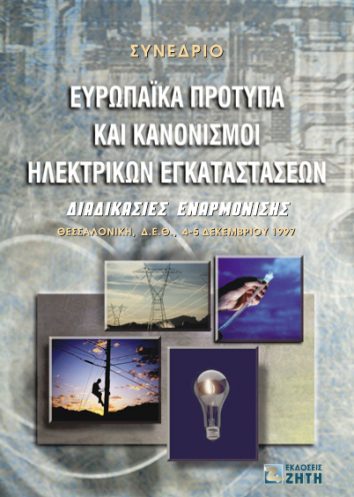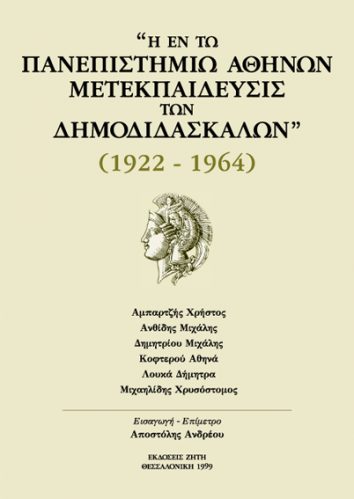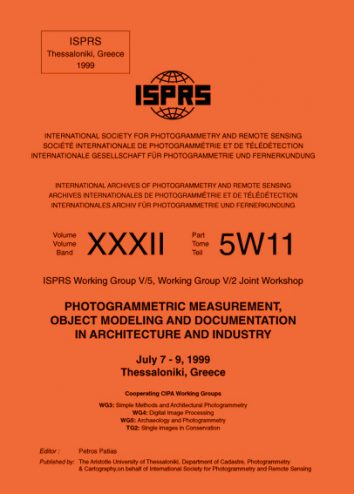
EXECUTIVE SUMMARY
The «Hellenic Event», sponsored by the current Hellenic Chairmanship of EUREKA and with the support of Mr Philippe Busquin, Member of the European Commission for Research and Mr Gérard Caudron, Rapporteur of the ITRE (Industry-External Trade-Research-Energy) Committee of the European Parliament, was held in Brussels on 20 November 2001. The event was co-ordinated by Professor Konstantin Bouzakis, Chairman of the EUREKA High Level Group, assisted by the EUREKA Secretariat in Brussels.
Among the participants were Members of the European Parliament, senior officials of the European Commission and high level representatives from industry and the academic world having a wide experience of co-operative activities under EUREKA. A welcome address was given by Mr A. Vidal-Quadras Roca, Vice-President of the European Parliament and Dr. Dimitrios Deniozos, the Hellenic Secretary-General for Research and Technology presented the priorities of the Hellenic EUREKA Chairmanship. Representatives from the media also attended.
The increasing co-ordination and cohesion between research and innovation systems and programmes across Europe was welcomed by many of the participants. Indeed, there was a wide consensus that this is essential if the strategic goal set out at the March 2000 Lisbon Summit of making Europe the most dynamic, knowledge based economy in the world by the time of the next decade is to be achieved. In this context, decision makers in the three pillars of the European Union, that is the Council, the Commission and the European Parliament, were looking forward to EUREKA playing its role in the development of the European Research Area.
Since its inception in the mid-1980’s, EUREKA has generated a substantial portfolio of projects which can be classed as success stories and which have had a real impact on daily life. Examples of projects cited were JESSI, MEDEA and MEDEA+ which have been instrumental in greatly redressing the significant lead which was held by the USA and Japan in the microelectronics area at the time EUREKA was launched, the well known AMADEUS airline ticketing system, VEDILIS, a new car headlight system and DAB which has led to a standard for digital radio with CD-quality sound and services which is deployed in many countries even outside Europe.
The current Hellenic Chairmanship of EUREKA had set its priorities for development of the initiative, including increased harmonisation of national support procedures, further encouragement of private sector support for knowledge intensive SME’s and, above all, the enhancement of EUREKA’s role in the European Research Area. A working document on the latter issue had recently been provided by the Hellenic Chairmanship to Commissioner Busquin.
Several speakers stressed the specific nature of the EUREKA initiative and outlined its many attractive features both for SME’s and for large industries. These attractions include a bottom-up, market oriented approach, broad coverage of specific, strategic technology areas (especially through its so-called ‘cluster’ and ‘umbrella’ projects), wide membership, lack of bureaucracy and efficient links to the many national and international support instruments for research and innovation.
Specific proposals raised in discussion:
- Commissioner Busquin strongly welcomed the working document provided by the Hellenic Chairmanship and recognised the important contribution EUREKA makes to research, technological development and innovation in Europe. He went on to propose a number of concrete areas for co-operation between EUREKA and the Framework Programme, stressing however that each must maintain its own characteristics and that it was not therefore a question of a fusion of their procedures:
- Combining financial support under the Framework Programme with national support under EUREKA, provided according to their respective modalities and potentially associating the European Investment Bank (EIB) in the relevant projects.
- Common usage of the instruments and networks for information and assistance on support for research and innovation, notably for the benefit of SMEs (linkage of the Innovation Relay Centres and EUREKA is a prime example).
- Operational interface for the exchange of information on research and funding of projects, as well as support for innovation which would facilitate the identification of priority, common projects with a real European dimension.
- Continuation of the joint EUREKA – Commission working group (ERA Group) put in place during the Spanish Chairmanship of EUREKA in 2000 – 2001.
- The Vice-President of the European Parliament suggested in his welcome address, to give attention to the use of the structural funds in favour of innovation in the less advantaged regions.
- Prof. Toenshoff, University of Hanover, suggested that a pre-screening period of creative dialogue between industry and research institutions would serve to improve the awareness of SMEs and thus to enhance their participation in EUREKA projects.
- As far as the strategic area of ICT is concerned, Mr. van den Biesen, Philips Research recommended the setting up of an advisory council for ICT in Europe involving all the key stakeholders.
These issues would now be closely examined by the EUREKA Network with a view to formulating, in close co-operation with the European Commission, concrete actions in the context of the further development of the European Research Area.
Finally, the event provided the ideal occasion to launch the new symbol of EUREKA –a statuette baptized as «EUSY» EUreka SYmbol and to be awarded in recognition of achievement towards European innovation policy. «EUSY» symbolises the European character of the EUREKA initiative, its technological content (Archimedes’ sphere and cylinder), as well as its bottom-up approach through its upwards pose.
Contents
- Letter of Mr. Apostolos-Athanassios Tsochatzopoulos, Minister for Development of Greece
- Executive Summary (in English)
- Executive Summary (in French)
- Detailed Proceedings (in English)
- Detailed Proceedings (in French)
- Appendixes
- Programme of the Hellenic Event
- Photos from the event




